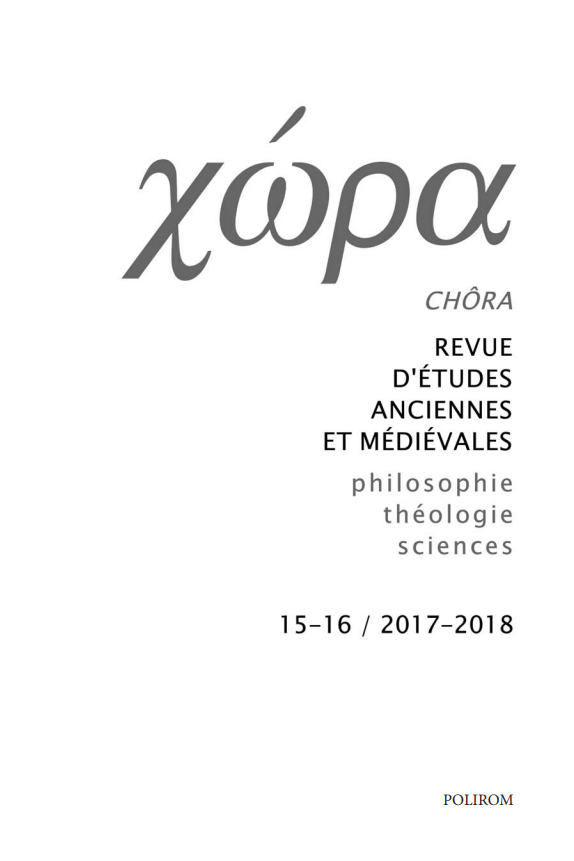Principe du bien et principe du mal chez Aristote
Principle of good and principle of evil in Aristotle
Author(s): Fabienne BaghdassarianSubject(s): Philosophy, Metaphysics, Ancient Philosphy
Published by: EDITURA POLIROM S.A.
Keywords: good; evil; Aristotle; ancient philosophy; metaphysics;
Summary/Abstract: This paper deals with Aristotle’s criticism of a metaphysical principle of evil. On several occasions in the Metaphysics, Aristotle notes that some of his predecessors, e.g. Empedocles and Plato at least, have been forced to admit theexistence of a principle of evil, for the very same reasons that led them to define the good as a principle. Needless to say Aristotle too admits that the good belongs to the range of principles, but he obviously does not think he is committed to the same position concerning evil. This article tries to determine why it can legitimately be so, i.e. on which grounds Aristotle’s conception of the good as a principle can save him from having to make room for its contrary too among the principles. In the first part of this paper, I define the two main logical rules which, according to Aristotle, led Empedocles and Plato to admit the evil among the principles: the rule of homogeneity between a principle and its effect, and the rule of contrary principles. In the two following parts, I study how Aristotle manages to avoid the undesirable consequences of these logical rules: first, by providing a definition of an absolutely first principle which has no contrary; second, by providing a new definition of the relation of contrariety itself, thanks to which the hypothesis of a principle of evil turns to be both useless and contradictory.
Journal: Chôra. Revue d'études anciennes et médiévales
- Issue Year: 2018
- Issue No: 15-16
- Page Range: 333-358
- Page Count: 26
- Language: French
- Content File-PDF

